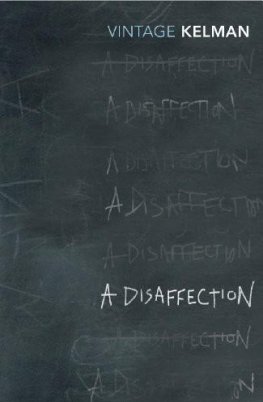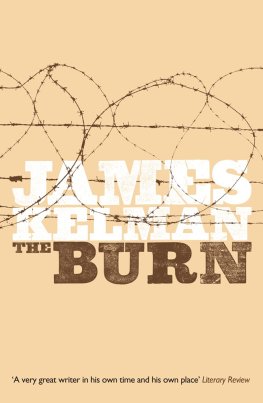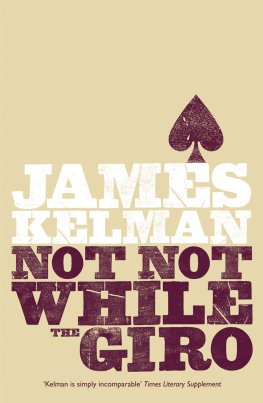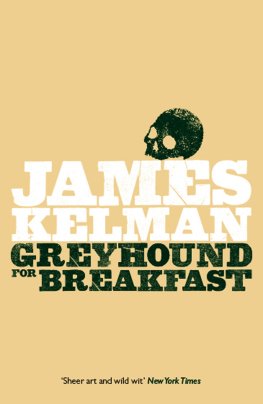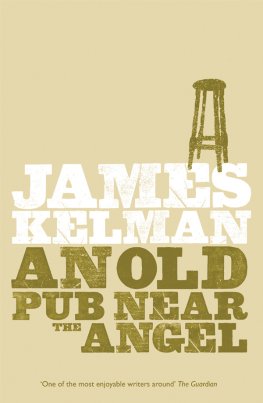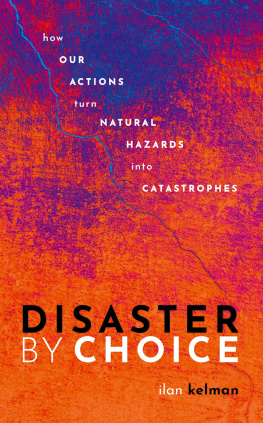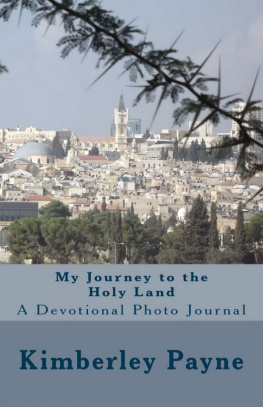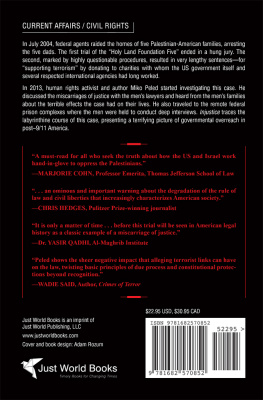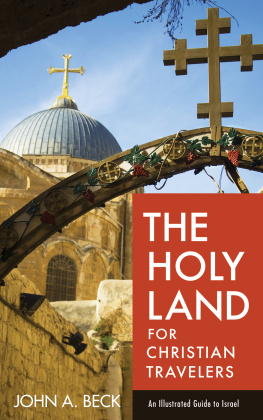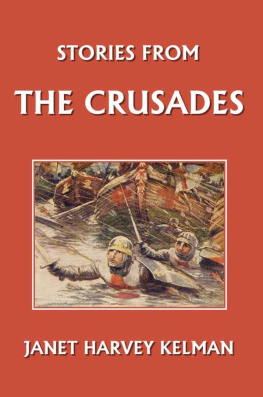
(In certain versions of this etext [in certain browsers] clicking on the image will bring up a larger version.)
(etext transcriber's note) |
JERUSALEM.
From the traditional spot on the Mount of Olives where Christ wept over the city.
THE HOLY LAND PAINTED BY JOHN FULLEYLOVE, R.I. DESCRIBED BY JOHN KELMAN, D.D. A&C BLACK LTD 4.5.6 SOHO SQUARE, LONDON, W.1.
THE
HOLY LAND
PAINTED BY
JOHN FULLEYLOVE, R.I.
DESCRIBED BY
JOHN KELMAN, D.D.
A&C BLACK LTD
4.5.6 SOHO SQUARE, LONDON, W.1.
Printed in Great Britain by R. & R. Clark, Limited , Edinburgh.
First Edition, with 93 illustrations, published in October 1902
Reprinted in 1904 and 1912
Second Edition, revised, with 32 illustrations, published in 1923
| AGENTS |
| America | The Macmillan Company |
| 64 & 66 Fifth Avenue, New York |
| Australasia | The Oxford University Press |
| 205 Flinders Lane, Melbourne |
| Canada | The Macmillan Company of Canada, Ltd. |
| St. Martins House, 70 Bond St., Toronto |
| India | Macmillan & Company, Ltd. |
| Macmillan Building, Bombay |
| 309 Bow Bazaar Street, Calcutta |
| Indian Bank Buildings, Madras |
Preface
The secrets of satisfactory travel are mainly twoto have certain questions ready to ask; and to detach oneself from preconceptions, so as to find not what one expects, or desires to find, but what is there. These rules I endeavoured to follow while in the Holy Land. As to this book, I have tried to write it with my eye on the objectto describe things as they were seen, and to see them again while describing them. The extent to which this ideal has been reached, or missed, will be the measure of the books success or failure.
No attempt has been made to add anything original to the scientific knowledge of Palestine. For that task I am not qualified either by sufficient travel or by expert study of the subject. On the other hand, this is not merely an itinerary, or journal of experiences and adventures of the road. I have freely introduced notes from my journal in illustration of characteristics of the country and its life, and have claimed the privilege of digressing in various directions. But the main object has been to give a record of impressions rather than of incidents.
These impressions are arranged in three parts, as they bear upon the geography, the history, and the spirit of Syria. They have been corrected and amplified by as wide reading as the short time at my disposal allowed. A few of the books read or consulted are referred to in footnotes, but many others have helped me. To append a list of them to so small a contribution to the subject as this, would be but to remind the reader of the old fable, Nascetur ridiculus mus. I must, however, acknowledge with much gratitude my obligation to two volumes above all othersMajor (now Colonel) Conders Tent Work in Palestine, and Professor George Adam Smiths Historical Geography of the Holy Land. To these every chapter is indebted more or less, some chapters very deeply. Among the pleasures which this task has brought with it, none is greater than the intimate acquaintance with these two works which it entailed.
With Professor Smith I have a more personal bond of obligation than the invaluable help I have had from his book. Last year we rode and camped together from Hebron to Damascus, back over the eastern spurs of Hermon to the coast, and north by Tyre and Sidon to Beyrout. All who were in that party know, as no words can express, how much insight and suggestion we owed to the leader who interpreted the land for us so brilliantly and with such kindness. For my own part I feel that at times it has been difficult to distinguish between impressions of my own and those which have been unconsciously borrowed from him. If I have borrowed freely, I am sure he will allow me to count that among the many privileges of our long acquaintance, and as a token of my admiration for his genius and gratitude for his friendship.
JOHN KELMAN.
Edinburgh, 1902.
PUBLISHERS NOTE
For the purposes of this reissue the author has revised the work and slightly abridged it, but no attempt has been made to describe the changed conditions consequent on the War.
September 1923.
List of Illustrations
SKETCH-MAP OF PALESTINE.
PART I
THE LAND
A journey through the Holy Land may reasonably be expected to be in some sort a sacramental event in a mans life. Spiritual things are always near us, and we feel that we have a heritage in them; yet they constantly elude us, and need help from the senses to make them real and commanding. Such sacramental help must surely be given by anything that brings vividly to our realisation those scenes and that life in the midst of which the Word was made flesh. The more clearly we can gain the impression of places and events in Syria, the more reasonable and convincing will Christian faith become.
Everything which revives the long past has power to quicken the imagination, and site-hunters and relic-hunters in any field have much to say for themselves. Now, apart altogether from the Christian story, Syria has the spell of a very ancient land. The mounds that break the level on the plain of Esdraelon represent six hundred years of buried history for every thirty feet of their height. Among the first objects pointed out to us in Palestine was a perforated stone which serves now as ventilator for a Christian meeting-house in Lebanon, but which was formerly a section of Zenobias aqueduct. In Syria the realisation of the past is continual, and the centuries mingle in a solemn confusion. Its modern life seems of little account, and is in no way the rival of the ancient. In London, or even in Rome, the new world jostles the old; in Palestine the old is so supreme as to seem hardly conscious of the new.
All this reaches its keenest point in connection with mens worship; and what a long succession of worshippers have left their traces here! The primitive rock-hewn altar, the Jewish synagogue, the Greek temple, the Christian church, the Mohammedan mosqueall have stood in their turn on the same site. His must be a dull soul surely who can feel no sympathy with the Moslem, or even with the heathen worship. These religions too had human hearts beating in them, and wistful souls trying by their help to search eternity. To the wise these dead faiths are full of meaning. Through all their clashing voices there sounds the cry of man to his Goda cry more often heard and answered than we in our self-complacency are sometimes apt to think.
The sacramental quality of the Holy Land is of course felt most by those who seek especially for memories and realisations of Jesus Christ. Within the pale of Christianity there are several different ways of regarding the land as holy, and most of them lead to disappointment. The Greek and Roman Catholic Churches vie with one another in their passion for sites and relics there, and seem to lose all sense of the distinction between the sublime and the grotesque in their eagerness for identifications. A Protestant counterpart to this mistaken zeal is that of the huntsmen of the fields of prophecy, who cannot see a bat fluttering about a ruin or a mole turning up the earth without turning ecstatically to Hebrew prophetic books,as if these were not the habits of bats and moles all the world over. Apart from either of these, there are others less orthodox but equally superstitious who have some vague notion of occult and magic qualities which differentiate this from all other regions of the earth. Benjamin Disraeli and Pierre Loti are representatives of this point of view. The former is persuaded that the land must be endowed with marvellous and peculiar qualities; and the hero of his



